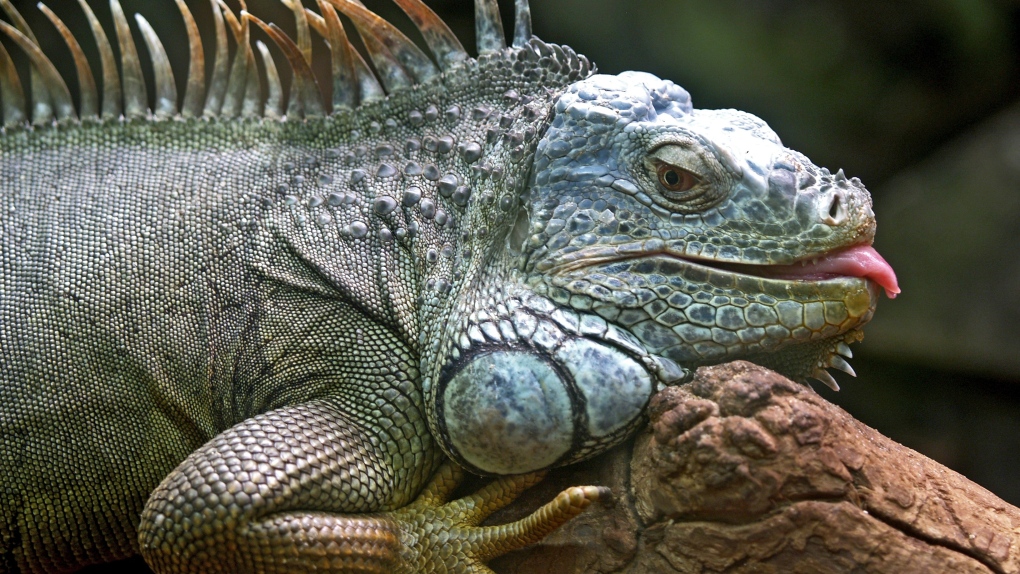An iguana with a sweet tooth left a little girl without her cake and a rare infection, after biting the toddler before snatching a slice of cake.
On a family vacation to Costa Rica, a three-year-old girl was bitten on the back of her left hand by the lizard while she was enjoying a slice of cake on the beach. While the child originally had a small wound that quickly healed, five months later it grew to a rare bacterial infection known as Mycobacterium marinum (M. marinum).
According to a case report presented at the European Congress of Clinical Microbiology & Infectious Diseases conference, M. marinum is usually only reported in fish however it has infected humans through skin wounds coming into contact with contaminated fresh or saltwater.
While the bacteria is non-tuberculous, it can cause tuberculosis-like illness and is known for causing skin lesions on the fingers and hands, according to Iowa State University's Centre for Food Security and Public Health.
The child was brought to a California hospital to inspect the wound that grew into a large, mildly painful, red bump. An ultrasound determined the mass grew to a fluid-filled lump, so an orthopedic surgeon had to remove the 2-cm thick-walled mass from the wound before finding the infection.
The doctors who researched the findings say this is likely the first time a case of M. marinum infection is reported from an iguana bite, citing that most iguana bites are linked to other bacterial infections like a staph infection (staphylococcus aureus). Lead researcher Jordan Mah from Stanford University School of Medicine said the iguana's cold-blooded body is likely what stabilized the bacteria since M. marinum thrives in lower temperatures.
“The bite resulted in colonization by a bacterium rarely found in humans, and demonstrates that iguanas may be carriers of harmful bacteria capable of producing severe infections," Mah said in a news release. "This may help inform health care professionals of less commonly known bacterial infections following unusual zoonotic exposures."










































